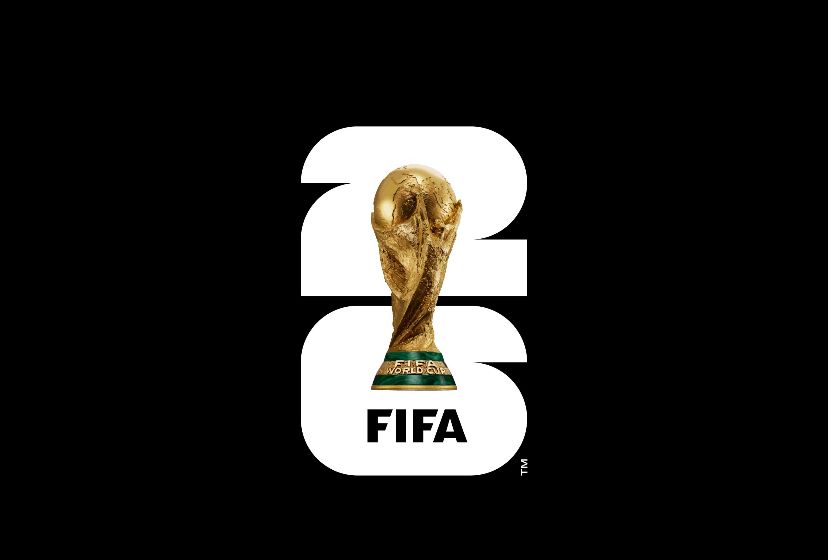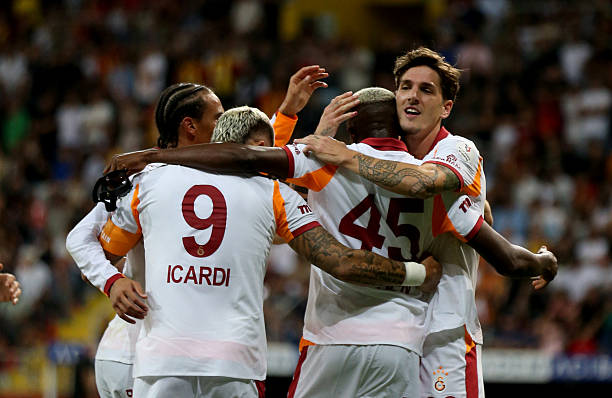In Nigeria and across West Africa, few topics spark as much passionate debate—and heated group chats—as the twists and turns of World Cup qualification. This week, football circles are buzzing again after FIFA released a new list of disciplinary actions, but left out any mention of South Africa, despite a brewing eligibility row involving influential midfielder Teboho Mokoena. For Super Eagles fans eying a late comeback, this silence is both a source of frustration and hope—raising pointed questions about Group C’s future and, by extension, Nigeria’s own World Cup dreams.
The Mokoena Controversy: What’s at Stake?
The controversy centres around whether South Africa’s Mokoena should have been suspended for their crucial match against Lesotho. Nigeria and Benin, both vying for a spot in the global showpiece, quickly filed formal protests after South Africa’s 2–0 win in March, citing a violation of suspension rules driven by accumulated yellow cards.
According to available match records, Mokoena received a yellow card in November 2023 against Benin, followed by another caution in June 2024 against Zimbabwe. Under standard FIFA rules, this should have sidelined him for one game—specifically, the clash versus Lesotho. In reality, he played 82 minutes before being substituted, helping Bafana Bafana secure all three points.
FIFA’s regulations are clear on this matter: players who receive two yellow cards in two different matches must serve an automatic one-match suspension. The current uproar arises because these rules, if enforced, could potentially cost South Africa a valuable three points and hand them a 3–0 default loss. Such a swing would see Nigeria and Benin drawn closer to their rivals in Group C.

How Would a Sanction Impact the Table?
If FIFA rules against South Africa, the points deduction would see them drop from 17 to 14 points—putting them on par with Benin, and only three ahead of Nigeria. With just two qualifiers left, the race for Africa’s nine automatic World Cup places, and the four playoff spots for best runners-up, could be reignited in dramatic fashion.
For Nigeria, currently third in Group C, this is a lifeline. Victories in their final fixtures—against both Lesotho and Benin—paired with a deduction for South Africa, could propel them into first place or at least into serious playoff contention. As things stand, Gabon is top among runners-up (19 points), trailed by Madagascar and DR Congo. That leaves Nigeria, Benin, and several others in a tight chase, and every point could be decisive.
Comparisons and Precedents: The Equatorial Guinea Saga
Nigeria’s frustration is compounded by the fact that FIFA has been anything but shy in enforcing eligibility rules elsewhere. Consider the recent case of Equatorial Guinea: after star striker Emilio Nsue was found ineligible due to incomplete clearance from Spain, FIFA stripped them of six points, flipping their wins against Namibia and Liberia into technical defeats.
This act, confirmed by the Court of Arbitration for Sport in May, sent shockwaves through Group H—knocking Equatorial Guinea from second to fifth and handing Namibia renewed hope. The message appeared clear: FIFA is willing to act decisively on administrative breaches, when the paperwork is clear.
Nigeria’s football community, as well as fans across West Africa, are now asking: why does the same approach not apply to the ongoing Mokoena situation?
Other Disciplinary Actions and FIFA’s Approach
In their latest four-page summary of sanctions, FIFA listed a string of actions against various national teams:
- Qatar: Received a warning for player and official misconduct, but avoided financial penalties.
- Indonesia: Reprimanded for security lapses during a qualifier match.
- Argentina: Fined $20,000 and saw a player suspended for two games for disciplinary breaches in January.
Notably, none of these cases concern Group C, leaving Bafana Bafana out of the spotlight—at least for now, intensifying scrutiny from other group members.
Super Eagles Fans: Watching, Waiting, and Hoping
The general feeling among Nigerian fans watching from Lagos to Abuja is a mix of anxiety and optimism. Many point to FIFA’s silence on the Mokoena affair as either a sign that the matter is still under investigation or (more cynically) as inconsistency in enforcement.
“If the rules are the same for everyone, why is South Africa not being held accountable the way Equatorial Guinea was?” asks Ekene Okafor, a Lagos-based analyst. “For countries like Nigeria that fight hard for every point, this sends a frustrating message.”
Others, like Abuja football enthusiast Chinedu Eze, argue that South Africa’s continued lead on the table only stands if the process is transparent. “If the precedent has been set with other teams, we expect the same for all. Otherwise, fans begin to lose faith in the fairness of these competitions,” he notes.
Looking Ahead: What Could Happen Next?
Should the protests by Nigeria and Benin be upheld, the Group C standings will look very different, especially as Nigeria lines up to face both Lesotho and Benin in their final fixtures. Victories there, combined with a points swing, could dramatically change the complexion of the group.
But so far, FIFA’s newly released report shows no indication that South Africa will face the same fate as Equatorial Guinea. Bafana Bafana remain top with 17 points, and with two games left, their qualification journey is largely in their hands.
As the group stage winds down, the Mokoena saga is likely to loom over every remaining match—and every fan’s calculations. Whether FIFA will weigh in decisively remains uncertain, but the stakes could not be higher for Nigeria and the wider West African football family.
Editorial Analysis: Level Playing Field or Moving Goalposts?
Historical precedent suggests that FIFA’s eligibility rulings have enormous impact. The loss of points for Equatorial Guinea has emboldened other associations to carefully monitor administrative compliance—not just on the pitch, but in the paperwork. For West African teams whose World Cup dreams are often shaped by razor-thin margins, transparent and even-handed enforcement is not just an ideal, but a necessity.
With local pundits, players, and fans waiting for clarity, the longer FIFA remains silent on South Africa, the more the credibility of the process may come under question. Ultimately, the hope is for a resolution that reflects the rules and keeps the spirit of fair competition intact. Until then, Nigeria, Benin, and their passionate supporters will keep watching—calculators firmly in hand.
What’s your take on this ongoing saga? Should FIFA act, or is there more to the Mokoena story than meets the eye? Drop your comments below and let’s keep the conversation going!
For general support or questions, reach us at: support@nowahalazone.com
Stay close to all the action—follow us for live reactions, news, and community voices on Facebook, X (Twitter), and Instagram.
Enjoyed this story? Join the discussion in the comments below and let’s hear your verdict!










